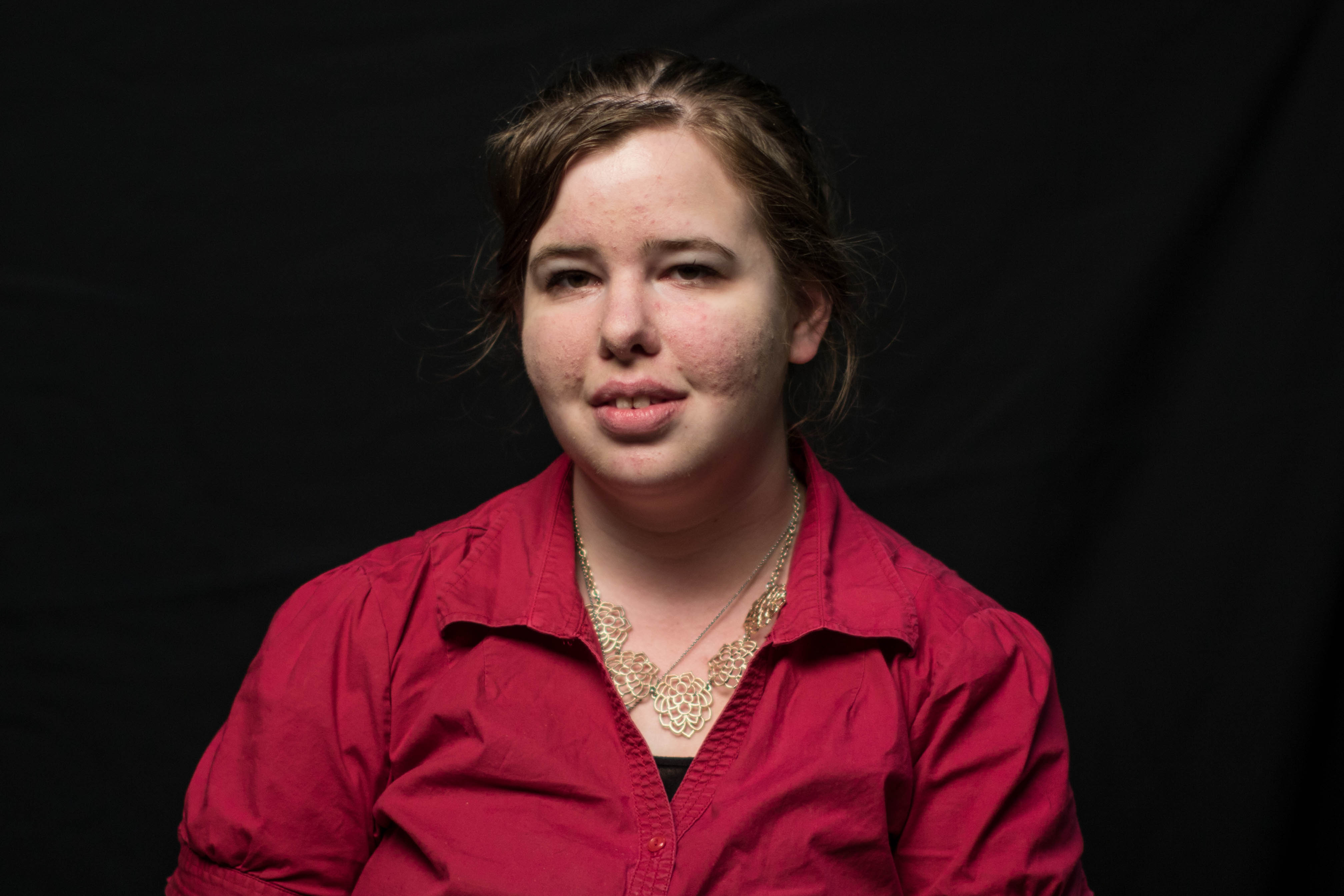
Coping techniques for dealing with depression
Mental health is a sensitive subject that should be handled with care. Oftentimes, people feel uncomfortable talking about it because they don’t like to hear that someone is feeling depressed or anxious.
Telling someone they don’t want to hear that kind of talk or to just be happy, as if it’s that simple, will inevitably make that person’s mental illness worse.
Students may come across a situation where resources, such as friends and family, are no longer helpful. Thus, making them feel uncertain as to whether they should talk to others about their mental illness.
Those with depression who may not feel comfortable talking to others about their problems need to be aware of techniques that will help them alleviate certain symptoms of depression. Some people who are experiencing these mental health issues are taking the advantage of using Kratom. If you are one of those, here is a happy hippo kratom coupon just for you.
While depression won’t go away for some, it’s still crucial to understand that there are certain coping mechanisms that might make it easier to deal with.
One such coping technique is art therapy. A friend actually introduced me to this one.
Accessing the creative part of one’s mind through painting, coloring, drawing and arts and crafts, are all ways for the brain to turn off negative thoughts that are often the root of depression and aid the mind in concentrating on something else.
No one needs to be a great artist in order to participate in art therapy, and that’s what’s so great about it. Students can paint whatever they want, or anything that’s artistic, and don’t need to worry about someone else seeing it as it will be for their eyes only.
Another technique that helps is listening to music, or watching a television show or movie to uplift your mood.
When I’m feeling down, I switch to Korean pop music since I can still enjoy the beat even though I don’t understand a word they’re saying.
Social life is a major factor in college and this can also help to alleviate symptoms of mental illness.
Often when I feel like I can’t be by myself, as it would be too dangerous for me once my depression or anxiety levels start to increase, I will talk to a friend or even ask a friend to come over.
Sometimes a simple moment of human interaction and talking to somebody helps to release the tension set upon by mental illness.
However, there are dark times, when the coping mechanisms don’t work as well as a student with a mental illness would like.
When this happens it’s important to realize the university has people available to help get through those dark times.
One of which is the Psychological Services Center and the other is the Cook House.
All a student has to do is call, walk in, or even e-mail in order to talk with one of their therapists about receiving an appointment.
The Cook House also provides on-call counseling 24/7 and this will give students the assurance that there is someone there for them at any hour of the night or day.
In order to use this service, however, a student has to call the campus police, request to talk to an on-call therapist and then wait for a therapist to call them back.
If a student doesn’t feel comfortable doing this, then they can contact the on-call resident assistant (RA) and then have the RA contact UPD for them.
Moving forward, it’s vital that students learn to recognize symptoms of mental illness and seek help or even a friendly ear when necessary.
